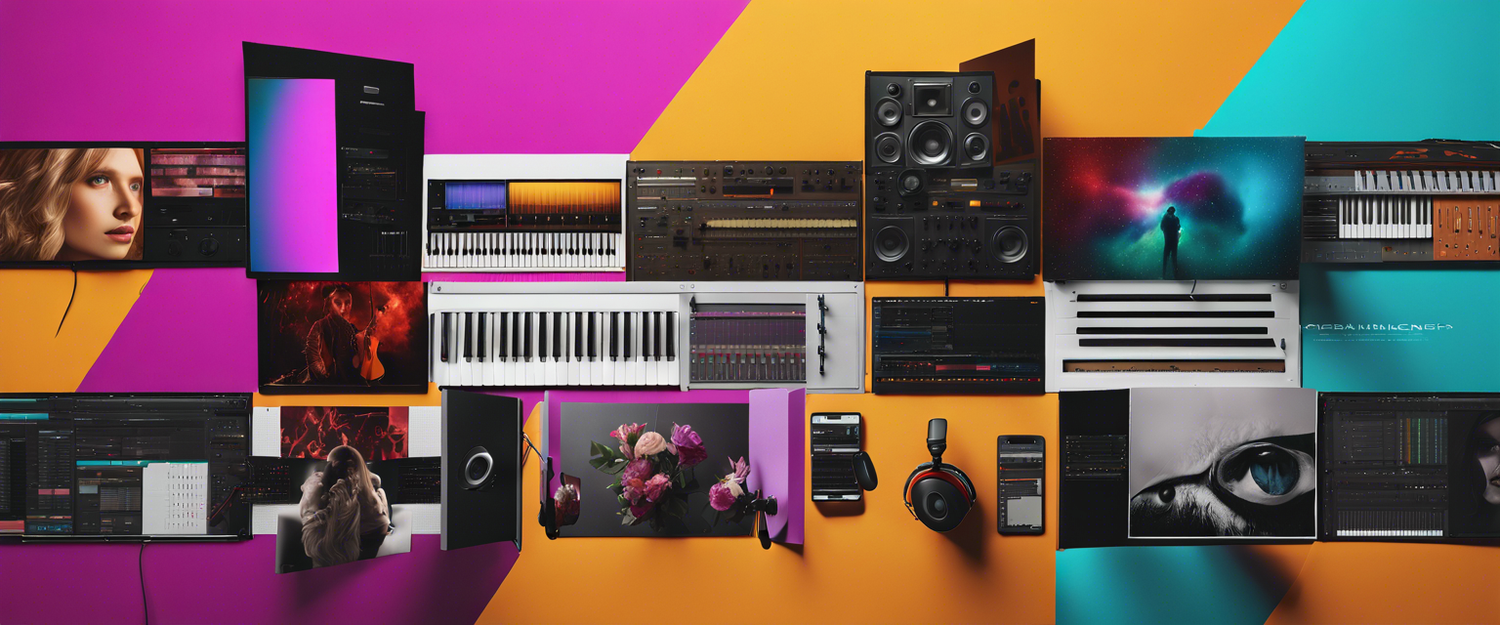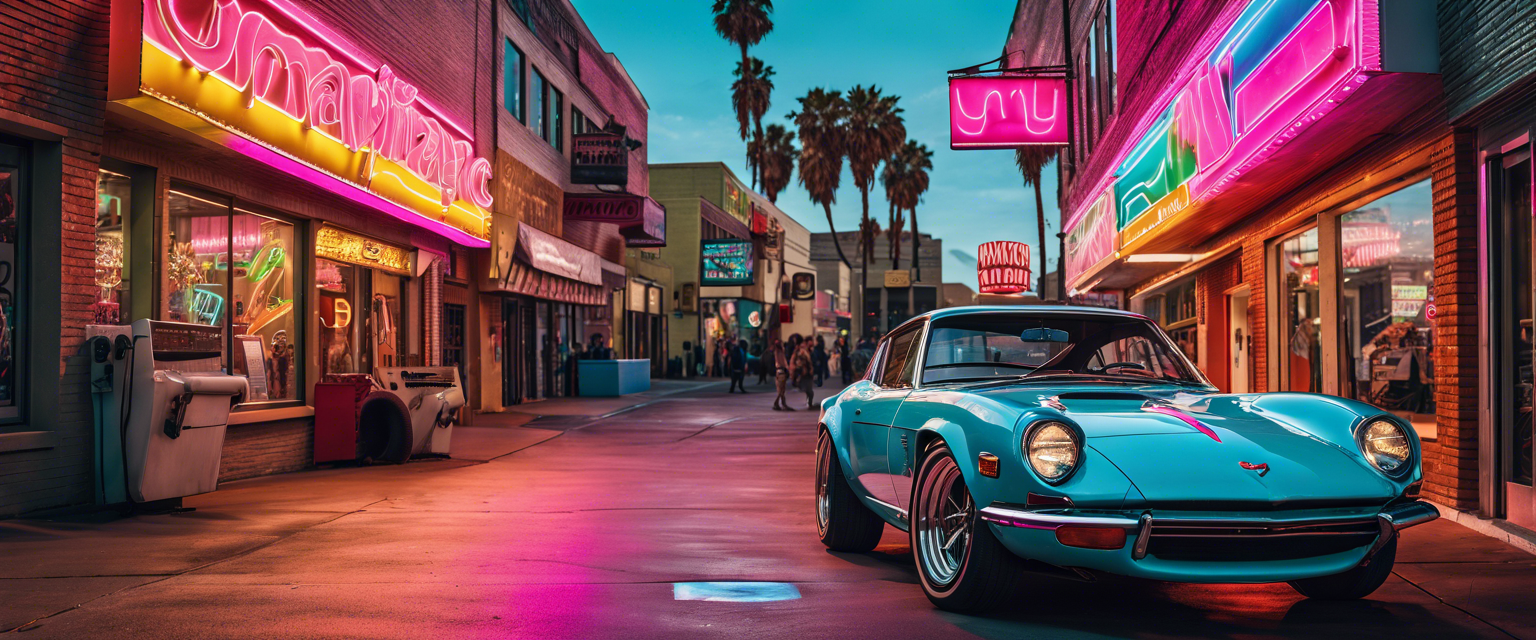Impact of Artificial Intelligence on the Creative Industry
Artificial Intelligence (AI) is increasingly influencing the creative industry, especially in music production. Concerns arise regarding issues such as copyright infringement during AI model training, leading to significant lawsuits in North America. Moreover, there is growing anxiety among professionals about the potential loss of job opportunities to AI, which can now effortlessly generate images, text, and musical compositions.
The Rise of Niche AI Tools in Music Production
With the emergence of specialized tools like Suno AI, which can create complex musical pieces quickly, the landscape of music production is shifting. Major technology companies like Google and Meta are developing their own music-focused AI models, prompting musicians to reassess their future in this changing environment.
Industry Perspectives at the 2024 World Congress on Innovation and Technology
At the recent World Congress on Innovation and Technology in Yerevan, Armenia, industry experts and musicians gathered to discuss the intersection of creativity and technology. One of the panelists, Nick Egibyan, an Armenian musician and producer, shared his worries regarding AI's capabilities. He recounted an experience where he was moved by a track, only to later realize it was generated by AI, deepening his fears about job security in the industry.
Human Creativity vs. AI Capabilities
Another panelist, Matthias Röder, a music and technology strategist, acknowledged the transformative effects of AI on music but argued that the essence of artistry remains rooted in human creativity and vision. While AI can replicate tasks traditionally performed by human arrangers and producers, it lacks the unique ideas and visions that define true artistry.
Enhancing Productivity: AI's Role in Music Creation
Meanwhile, prominent Armenian composer and conductor Sergey Smbatyan highlighted how AI could enhance productivity in the music industry. He mentioned that by managing routine tasks, AI allows musicians to concentrate on more valuable aspects of their work. Despite the worry, he emphasized that humans still hold the creative baton in music, while AI handles the technicalities.
The Emotional Resonance of AI-Generated Music
The panel also explored the emotional aspects of AI-generated music. Röder pointed out that the primary source of emotion in music stems from its audience. He expressed belief that while AI could create emotive music, the real impact requires human guidance. He proposed viewing AI as a valuable educational tool that can stimulate musical creativity and enhance the learning process for aspiring musicians.
Conclusion: Embracing AI while Preserving Artistic Integrity
As the creative industry grapples with the rise of AI, it is crucial for musicians and industry professionals to find a balance between embracing technological advancements and preserving the artistic integrity that defines music. While AI presents challenges and opportunities, the human element remains irreplaceable in crafting emotionally resonant and artistically rich music.



اترك تعليقًا
تخضع جميع التعليقات للإشراف قبل نشرها.
This site is protected by hCaptcha and the hCaptcha Privacy Policy and Terms of Service apply.